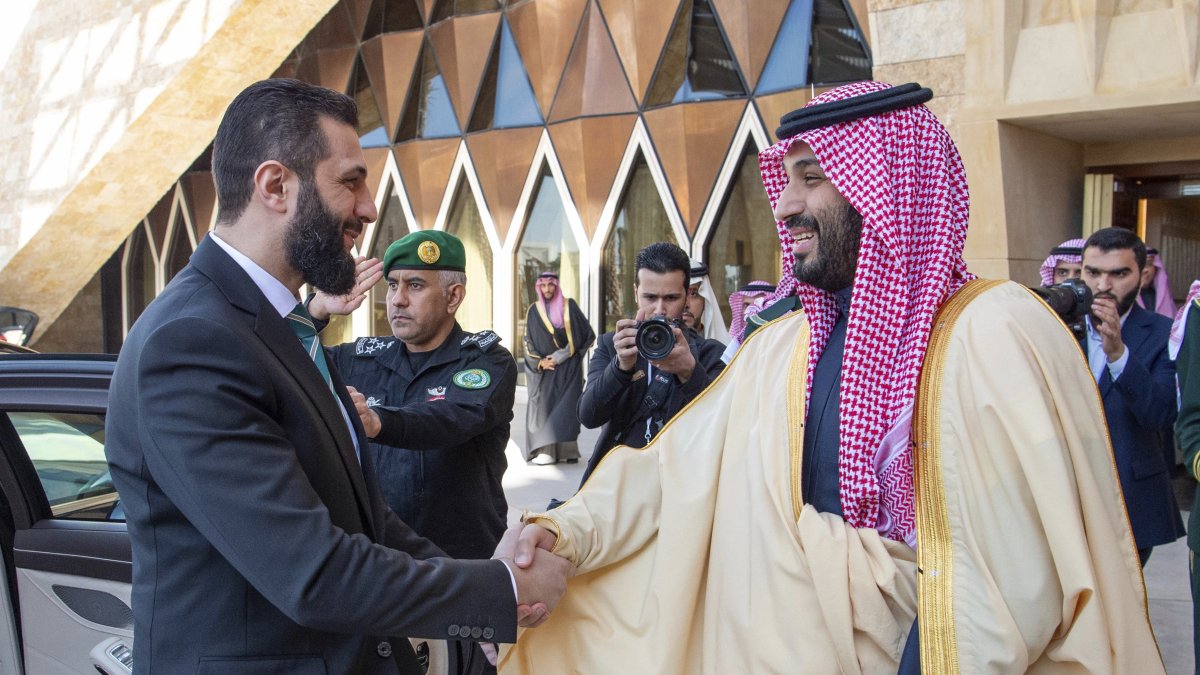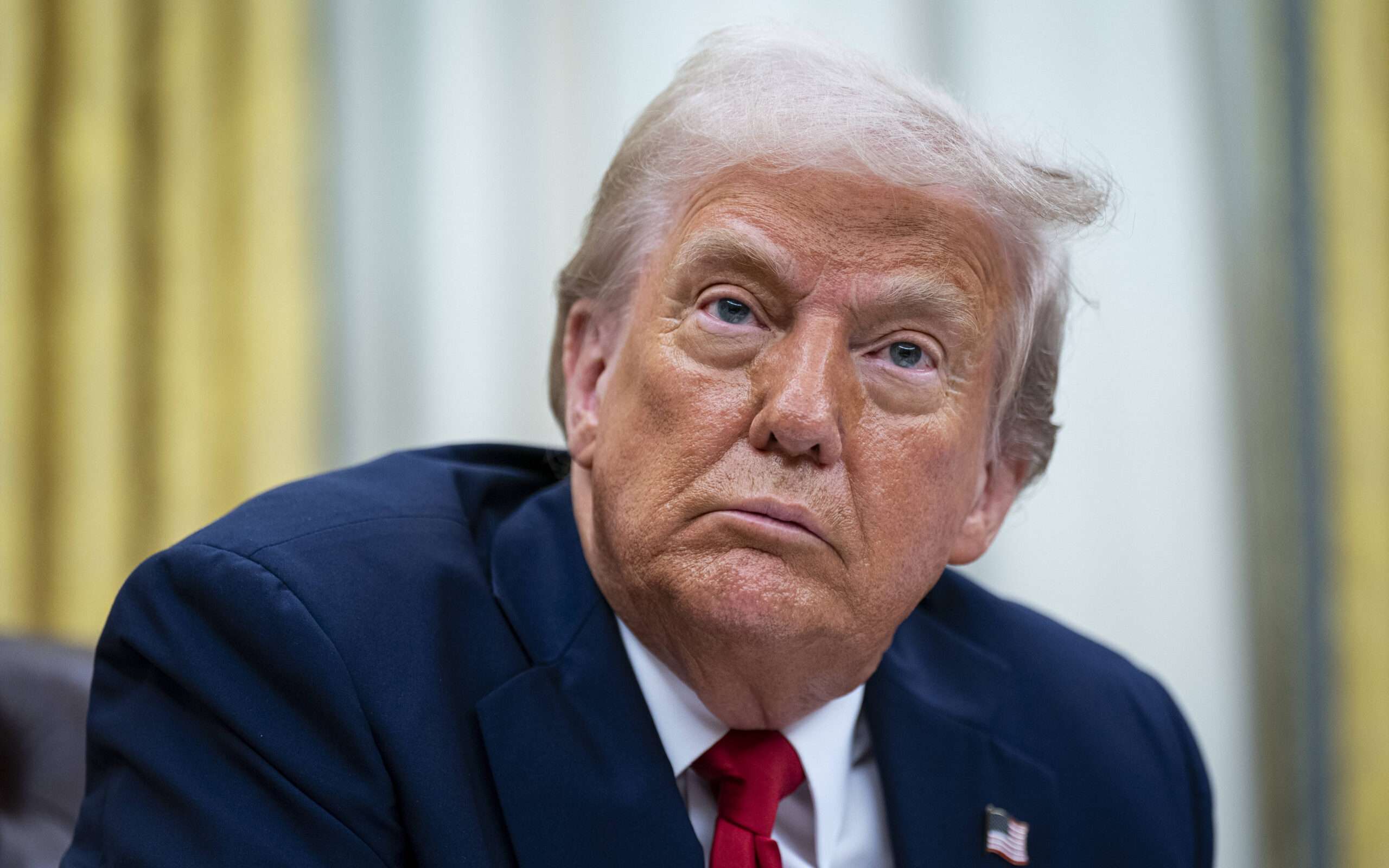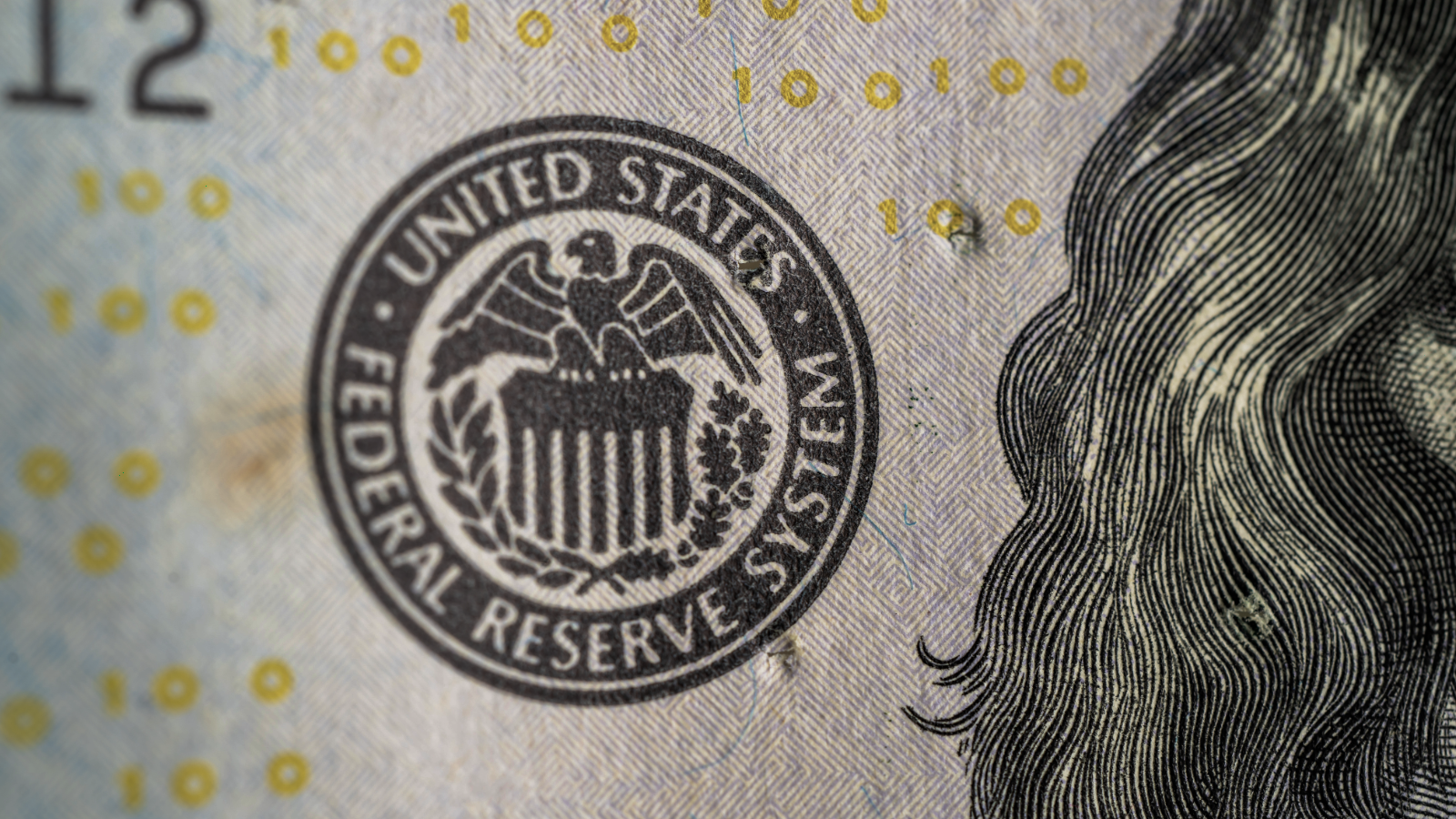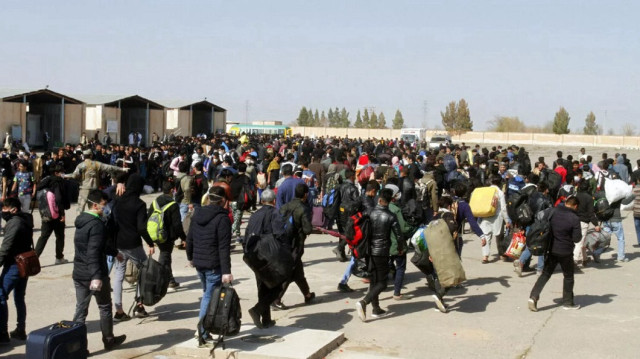Saudi Arabia's Role in Syria's Economic Recovery
Explore how Saudi Arabia's financial intervention aims to assist in Syria's reconstruction while navigating international sanctions and fostering Middle Eastern cooperation.
Published April 16, 2025 - 00:04am

Image recovered from dailysabah.com
Saudi Arabia is reportedly preparing to settle Syria's outstanding debts to the World Bank, a move that could pave the way for international financial aid essential for Syria's reconstruction efforts and revitalization of its public sector. This signals the first known instance of Saudi Arabia extending financial support to Syria after the deposing of long-time leader Bashar al-Assad. Such a step indicates a potential shift in Gulf Arab countries' approach towards the new administration in Syria, despite existing U.S. sanctions.
The dynamic is unfolding amidst ongoing efforts by Syria to rebuild its war-torn infrastructure. Reports suggest that Saudi Arabia could facilitate millions in aid, unlocking financial resources needed to restore power grids and support public sector wages. These developments follow a recent proposal by Qatar to supply gas to Syria via Jordan, which purportedly received tacit approval from the United States.
Syria currently owes approximately $15 million to the World Bank, and this liability has hindered its ability to receive further aid or engage in new loan agreements. Past discussions about leveraging frozen assets to resolve these arrears were unsuccessful. This highlights Syria's acute financial straits, worsened by the prolonged conflict and stringent international sanctions.
A pivotal moment is on the horizon, as Syria plans to dispatch a high-level delegation to the upcoming World Bank and International Monetary Fund meetings in Washington, D.C. This marks Syria's first major diplomatic engagement with the U.S. and these global institutions in two decades, post-Assad. It remains uncertain if this delegation will hold meetings with U.S. officials, given the complexity of U.S. sanctions and geopolitical considerations.
In recent reconstructions of its international alliances, Syria's new leadership remains keen to mend relations and secure international cooperation. However, diplomatic ties with the U.S. are fraught with challenges, deeply influenced by historical associations with militant groups and the ongoing regional tensions.
Commentators emphasize this development as a crucial juncture in Saudi-Syria relations, portraying Saudi Arabia's readiness to finance Syria's obligations as a pragmatic step towards stabilizing the region. The move could signify growing Gulf Arab support, potentially altering diplomatic dynamics amidst existing sanctions and international financial restrictions.
The international community remains watchful of these interactions, assessing the implications of Saudi Arabia's involvement in Syria's economic rehabilitation. Discussions at the upcoming international financial meetings could serve as a platform for Syria to negotiate terms that might ease its economic isolation while addressing pressing humanitarian needs exacerbated by years of conflict.
In conclusion, while Saudi Arabia's prospective financial intervention could alleviate immediate fiscal constraints faced by Syria, the broader impact on regional politics and international relations warrants close scrutiny. This evolving situation presents a complex picture of economic diplomacy involving geopolitics, regional alliances, and economic recovery strategies.







